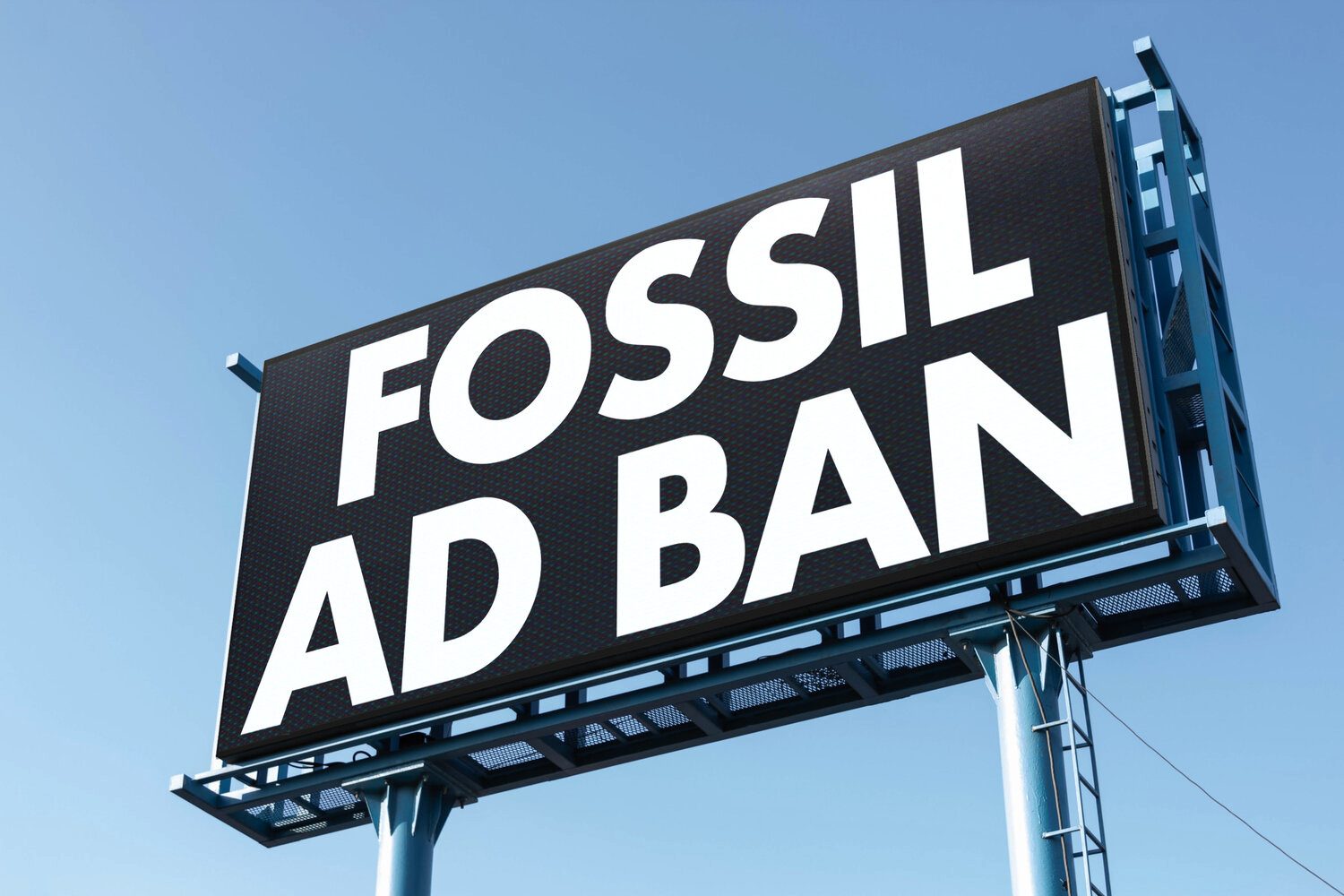Another city bans fossil fuel advertising
Words NZ Autocar | Images Supplied
Last month Edinburgh’s city council voted to ban fossil fuel advertisements on city property. That means oil companies, makers of ICE-power cars, airlines and cruise ships cannot promote their wares in the Scottish city. Nor can arms manufacturers, by the by.
And this is becoming a trend. Amsterdam and Sydney have also said no to advertisements for fossil fuels and high-emissions vehicles. France has cut back on the promotion of coal, gas and hydrogen produced from fossil fuels. And the United Nations Secretary General, António Guterres, has joined in, endorsing a ban on fossil fuel advertisements this month.

The Edinburgh initiative was initiated by Ben Parker, a city councillor and member of the Scottish Green Party. He said “It’s a way of saying that fossil fuel companies and arms manufacturers are not welcome in our city.”
A local ban on fossil fuel advertisements might seem a minor step but advertising bans on tobacco have changed consumer behaviour long term.
Fossil fuel producers say they are addressing climate change but there’s also a heap of greenwashing going on from the sector. Proponents of advertising bans are trying to convince people not to use the product, and impugn the reputation of an industry or company. Given how embedded fossil fuels are in modern society, some experts see the latter as more achievable.
If the public sees fewer advertisements for gas-swilling ICE vehicles or international trips they may be less likely to opt for these. Andrew Simms, a campaigner for fossil fuel ad bans, says “What you are doing is reducing the amount of consumption that is coming from those advertisements.”
And there’s evidence this works. Decades ago after increased public knowledge about the adverse health effects of cigarettes, restrictions on advertising for these products and later sponsorship of events were put in place.
Nowadays, dozens of countries have restrictions on selling tobacco products, thanks in part to efforts of the World Health Organization.
Research suggests that bans on TV, radio, print and in-store advertising are effective at stopping smoking, and preventing young people from taking it up.
Partial advertising bans are less effective. Companies simply reallocate advertising budgets or sponsorship elsewhere.
Fossil fuels are a greater challenge because oil, gas and coal are embedded in everyday life, eg, electricity generation and car use. However, as Edinburgh’s Ben Parker points out “Climate change is a different type of harm but it’s still a harm.”
Even if there were substantial advertising bans instituted for fossil fuels, it would be difficult to measure how such bans affect a company’s reputation. But some experts believe that it could make a difference, opening the door to lower carbon technologies.
For now, ad bans are just starting but tobacco advertising restrictions happened incrementally, and likely fossil fuel advertising bans will run a similar course.





